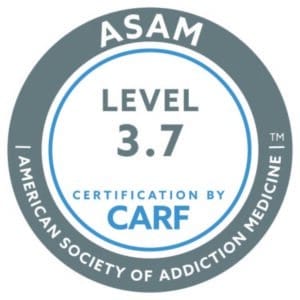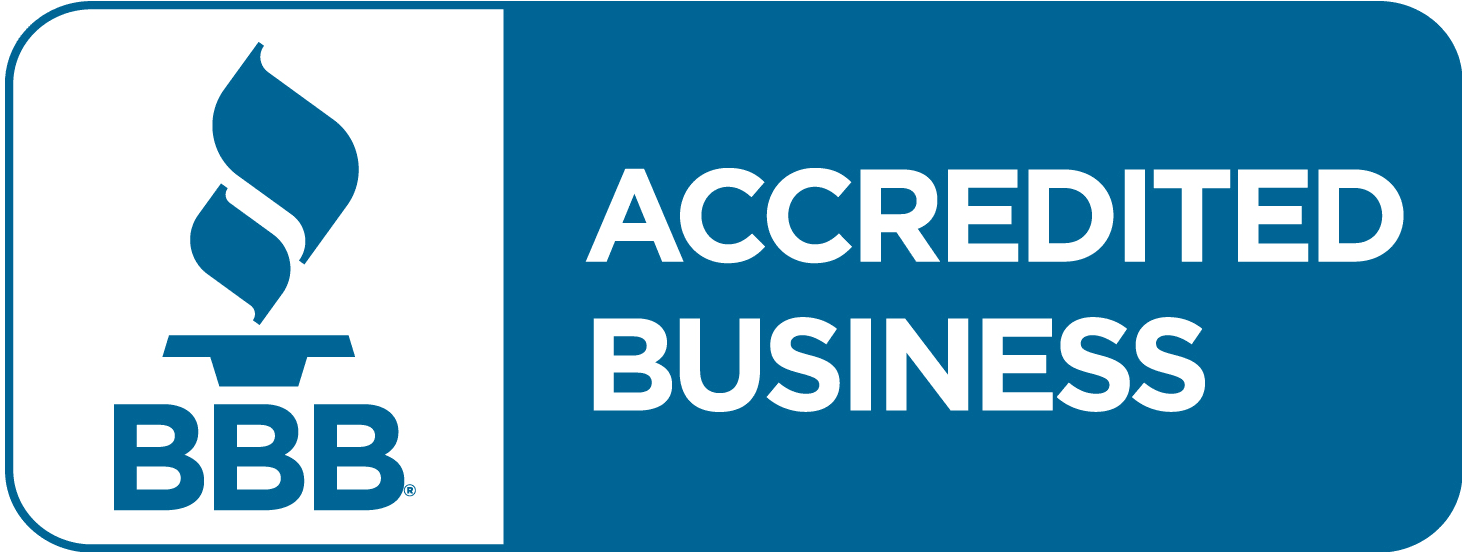Maintaining Sobriety: Practical Steps for Long-Term Recovery
Understanding Sobriety
Definition of Sobriety
Sobriety means living without alcohol or drug use. It involves avoiding substance abuse and committing to a sober lifestyle. For many, sobriety marks the beginning of their recovery journey and the foundation for long-term sobriety.
Importance of Sobriety in Recovery
Sobriety supports healing from substance use disorders. It improves physical health, mental clarity, and emotional balance. The path to sobriety is a continuous journey, requiring effort and focus in everyday life. Staying sober helps prevent relapse risk and leads to a more stable daily life.
Building a Strong Support Network

Role of Family and Friends
A strong support network makes a big difference in recovery. Supportive friends and loved ones offer emotional strength and a safe space. Family therapy can help repair strained relationships and support lasting recovery.
Benefits of Peer Support Groups
12-Step programs, online communities, and recovery community spaces bring together like-minded individuals. These groups help people share their addiction recovery experiences and learn new healthy coping mechanisms.
Finding a Sponsor or Mentor
A sponsor or mentor provides support through relapse prevention strategies and personal triggers. They serve as a powerful motivator for continued sobriety, especially during high-stress moments.
Addressing Physical and Mental Health
Importance of Regular Medical Checkups
Regular visits to a medical professional or healthcare provider support overall physical health. Monitoring your progress helps manage issues like post-acute withdrawal symptoms and other complications from substance abuse.
Managing Mental Health Issues
Many individuals struggle with mental health disorders, such as bipolar disorder, schizoaffective disorder, or other co-occurring disorders. Working with a mental health professional through therapy sessions or individual counseling can improve the recovery process.
Nutritional Considerations for Sobriety
A balanced diet and healthy eating habits support energy levels and mental stability. Proper nutrition is essential to recovery from drug addiction and alcohol addiction. Working with healthcare professionals to develop a nutritious diet plan can aid in a healthier lifestyle.
Developing Coping Mechanisms
Identifying Triggers
A common trigger could be a place, person, or emotion. Recognizing your personal triggers helps reduce the risk of relapse and strengthens your relapse prevention plan.
Stress Management Techniques
Deep breathing exercises, meditation, and Practice mindfulness are useful for managing stress. These coping mechanisms help prevent cravings for drugs and support sustained sobriety.
Strategies for Avoiding Risky Situations
Avoid places linked to drug abuse or alcohol use disorder. Being prepared to leave risky situations supports your structured routine and helps avoid sobriety fatigue.
Embracing Sobriety as a Lifestyle

Setting Personal Goals
Short- and long-term goals help guide your path to recovery. These goals give you direction and keep your commitment to sobriety strong.
Prioritizing Self-Care and Wellness
Self-care activities such as a steady exercise routine, fitness classes, and relaxation are vital. A consistent daily routine helps regulate sleep, mood, and energy.
Celebrating Milestones and Small Victories
Recognize every step, from 30 days sober to 1 year. These milestones in your life of sobriety help keep you engaged in the recovery journey.
Avoiding Sobriety Fatigue
Recognizing Signs of Sobriety Fatigue
Sobriety fatigue may show up as boredom, burnout, or loss of interest in productive activities. Recognizing these early can prevent relapse.
Strategies for Staying Motivated
Revisit your personalized treatment plans and celebrate your progress. Stay connected with supportive individuals and your network of friends for encouragement.
Engaging in Meaningful Activities
Finding Sober Hobbies and Interests
Pursue enjoyable activities like music, sports, or creative projects. These alternative activities bring joy and reduce boredom in sober life.
Involvement in Community Service
Serving others provides purpose and helps you feel connected to something bigger. Meaningful activities like volunteering build confidence and reinforce recovery from addiction.
Navigating Social Gatherings Without Alcohol
Strategies for Socializing Sober
Bring a sober friend, arrive early, and make plans to leave early if needed. These strategies help you maintain your sober lifestyle in social settings.
Communicating Boundaries to Others
It’s okay to say no. Clear communication prevents misunderstandings and supports healthy relationships. Set boundaries to avoid falling back into a co-dependent relationship.
Seeking Professional Support
When to Seek Therapy or Counseling
Attend counseling sessions when you’re overwhelmed, triggered, or need support. Behavioral therapies and interpersonal therapy help build skills for long-term recovery.
Incorporating Relapse Prevention Plans
A strong relapse prevention model outlines steps to take when facing relapse triggers. These plans are key for preventing a return to drug addiction or alcohol addiction.
Utilizing Community Services and Aftercare
Aftercare from treatment centers, rehab facility programs, or Intensive outpatient programs offers structure and support. These services reinforce addiction treatment success.
Accessing Supportive Resources
Look for residential treatment, outpatient care services, and online communities. These options provide flexibility and help support individuals in recovery.
Importance of Ongoing Recovery Programs
A comprehensive addiction treatment program includes evidence-based practices, inpatient care, and outpatient care. Regular involvement helps manage withdrawal symptoms and builds a lifelong journey of healing.
Cultivating Healthy Relationships

Building New, Supportive Connections
Find positive influences who respect your recovery. Building relationships within the recovery community can lead to meaningful connections and encouragement.
Maintaining Healthy Boundaries
Healthy boundaries protect your progress. Discuss these in therapy sessions or with your sober friend to stay aligned with the rules of recovery.
Final Thoughts
The path to sobriety requires effort, support, and a willingness to change. With a strong plan, a personalized treatment plan, and the right treatment centers, individuals in recovery can thrive. Opus Treatment provides evidence-based addiction treatment designed to support you at every stage of the recovery journey.
If you or a loved one needs help, reach out to Opus Treatment today.
Frequently Asked Question's
Maintaining long-term sobriety involves several key strategies. These include building a strong support network, attending ongoing recovery programs, and creating a structured daily routine that includes healthy coping mechanisms. It’s also important to stay physically healthy through regular exercise, a balanced diet, and self-care activities. Working with a mental health professional and having a clear relapse prevention plan in place can help reduce the risk of relapse.
Start by planning ahead. Bring a sober friend for support and choose events that align with your sober lifestyle. Be ready to communicate your boundaries clearly and respectfully. You can also leave early if you feel uncomfortable. Focus on engaging in meaningful activities and surrounding yourself with supportive individuals who respect your commitment to sobriety.
Substance use disorders often affect both the body and the mind. Untreated mental health disorders such as anxiety, depression, or co-occurring disorders can increase the chances of relapse. Likewise, poor physical health can lead to fatigue and low motivation. Regular visits to a healthcare provider, along with therapy sessions, proper nutrition, and physical activity, all play a role in achieving lasting recovery.
If you’re feeling overwhelmed, experiencing strong cravings for drugs, or facing emotional distress, it’s time to seek help. Post-acute withdrawal symptoms, sobriety fatigue, or challenges in your everyday life can signal the need for ongoing support. Returning to a rehab facility, joining an intensive outpatient program, or working with a mental health professional can help you stay on the path to recovery and strengthen your progress.












